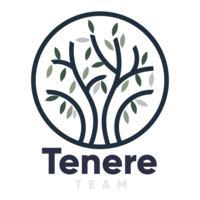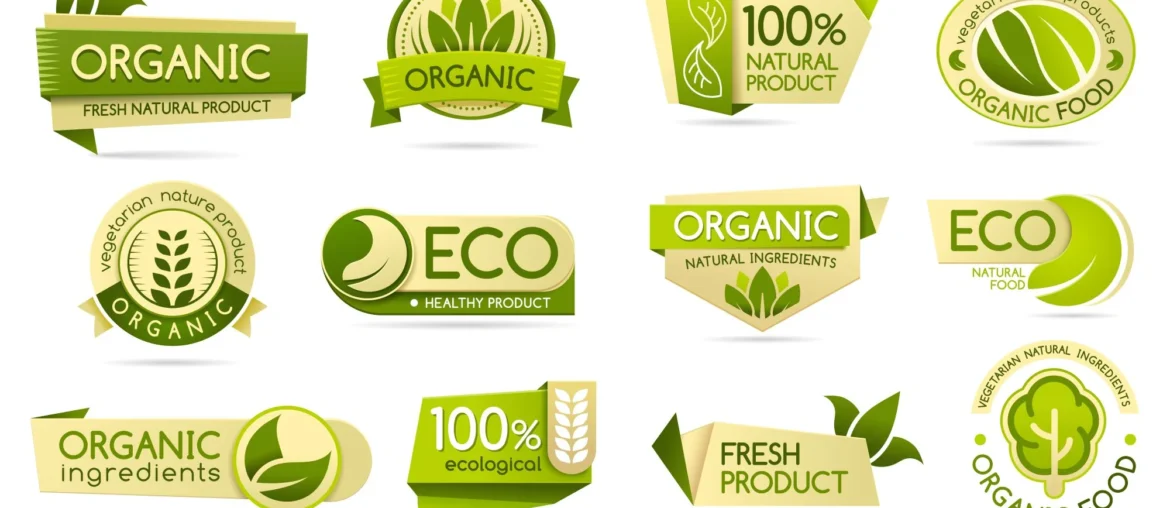Sustainable business in the US generated $1.3 trillion dollars last year alone. According to the CGS 2019 U.S. Consumer Sustainability Survey, more than two-thirds of American consumers are willing to pay more for sustainable products.
When consumers are willing to pay more for sustainability, product greening becomes the key factor in all business strategies and direction, including marketing strategies.
But, instead of investing millions into course-correcting their businesses, lots of brands try to manipulate their consumers into buying their products when they aren’t even close to being sustainable.
So, who are the biggest liars of them all? Here are 6 embarrassing cases of greenwashing that make you facepalm.
1. Dasani, Poland Spring, and other beverage giants:
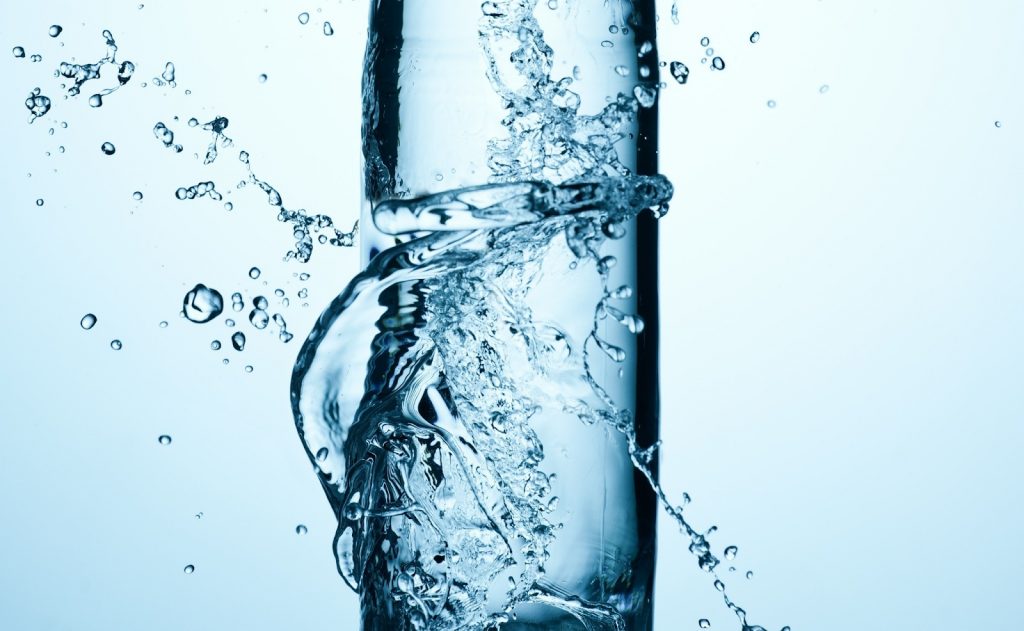
By claiming their single-used plastic bottle is 100% recyclable, Dasani, Poland Spring and other beverage companies might think they have struck gold. These companies enthrall consumers by making them feel better about not harming the environment with their plastic purchases.
As a flagship brand of clean drinking water, Dasani is ironically one of the biggest greenwashing brands of them all. Claiming to have gone eco-friendly by using recyclable plastic for their bottles and caps, Dasani’s choice in plastic is in fact polypropylene, which is generally not recyclable.
Other brands try to include the line: “excludes cap & label” on their recyclable claim, which is worse because your water bottle is only recyclable by percentage. Imagine paying for a whole recycle bottle to support recycling plastic only to find out your water bottle is not 100% recyclable, and you are still doing harm to the environment.
So far, these companies are still undergoing lawsuits for misleading their customers with their greenwashing claims.
2. BP, and other oil companies:
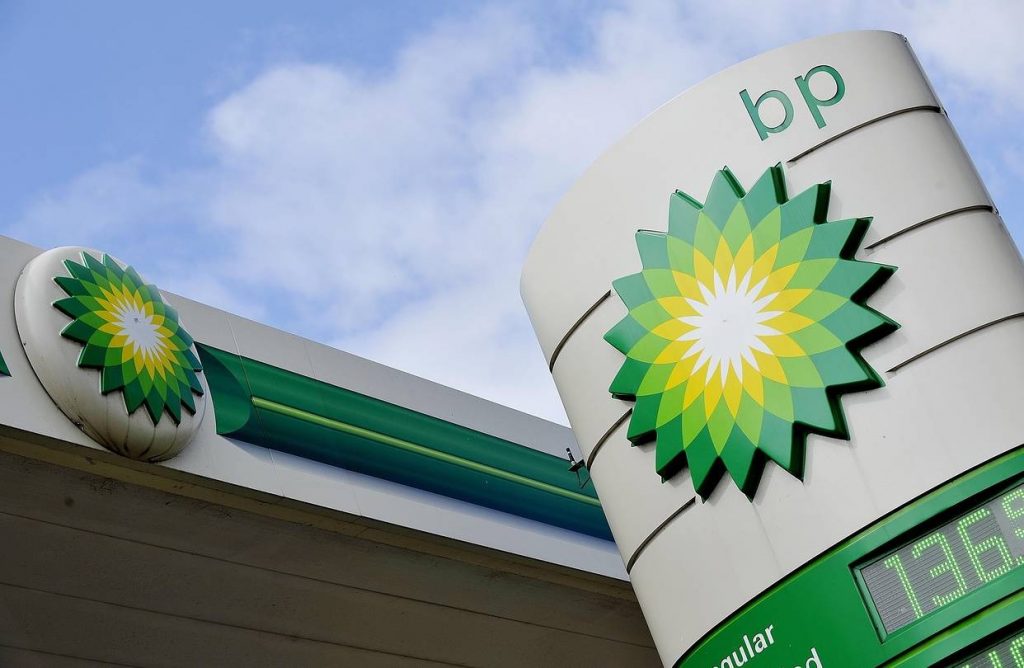
Like other oil companies, BP has a hard time adapting to the shift to green and renewable energy, as well as greenhouse gases emission caps. Since renewable energy is a more sustainable alternative to fossil fuels, the company wanted a slice of this profitable market. And it does, by trying to rebrand itself as going green.
To faint sustainability, BP installed solar panels on top of all its gas stations, to promote the company’s green direction, which does work; the company is lauded for a seemingly greener direction in business. However, people quickly catch on to the greenwashing lie: how can a company whose 96% of its annual spend is on oil possibly call itself sustainable?
In fact, since December 2019, BP has still been sued over misleading its users as a green business that offers low-carbon products, while actually doing nothing. That constitutes greenwashing.
3. Coca-Cola:
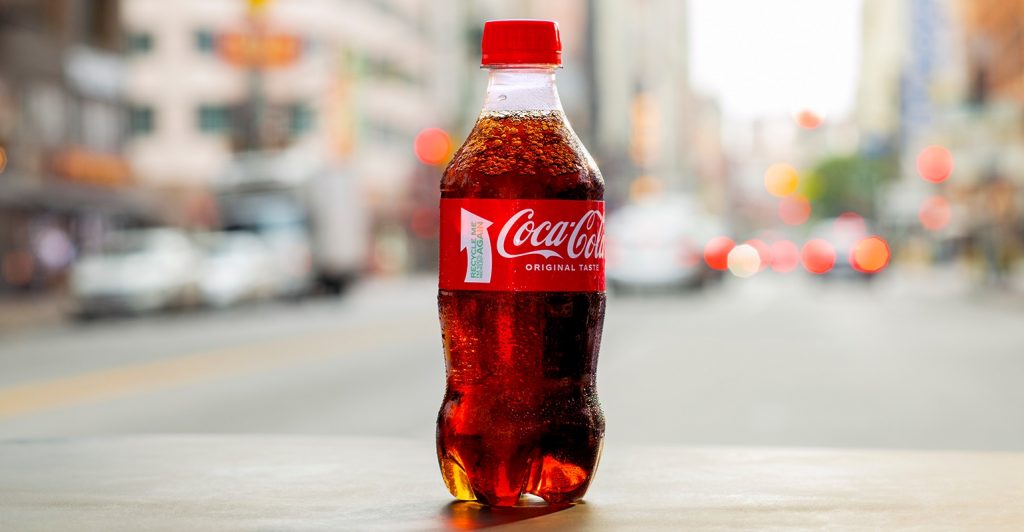
Reigning as the world’s worst plastic polluter for 2 years in a row, Coca-Cola is under heavy fire from environmentalists due to their refusal to abandon plastic bottle production. And they are not going to do so anytime soon due to their popularity with the customers, and their cheap production cost.
Yet, perhaps in a desperate bid to get a slice out of the green market, Coca-Cola announced its new direction in sustainability.The company claimed to have plans to recover all bottles ever produced, so none of them end up in the environment by 2030. The company also claims to have its recycled plastic bottles presented in 19 countries.
Despite the claims, their goal for recycled plastic is insufficient, barely an inconvenience, compared to the insurmountable amount of plastic waste they produced.
Coca-Cola is trying though. Just this January, they joined other top polluters in urging the UN for a new plastic treaty in COP26. Keep watch on it as we keep track of their environmental efforts and see whether this is just another marketing ploy or not.
4. Keurig
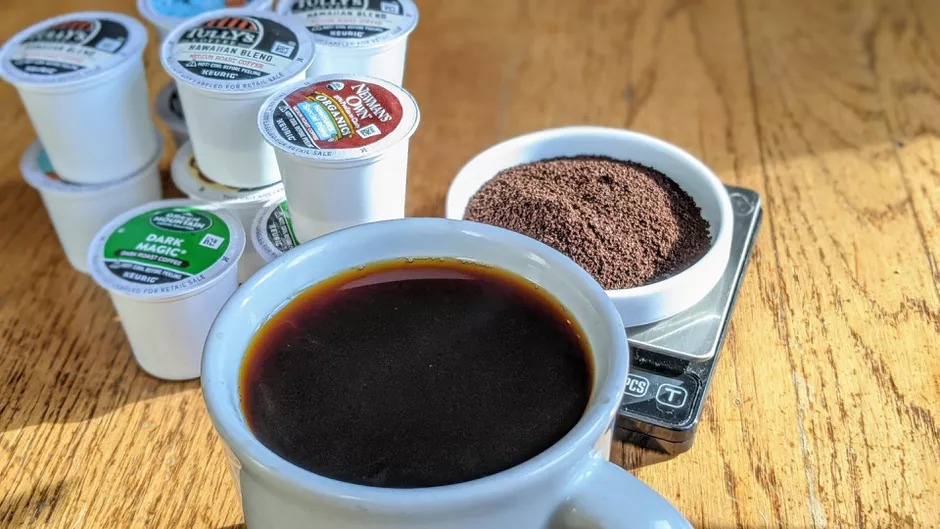
One of the most prevailing misconceptions is that all plastic is recyclable. Just because the packaging is plastic doesn’t mean it is recyclable. And many companies exploit this misconception to create the illusion of being a sustainable business.
Recently, the coffee giant Keurig is in hot water for this greenwashing half-truth. As its business skyrocketed in the capsuled coffee sector, the company tried to advertise itself as ‘going green’ with its seemingly recyclable plastic K-cups, or coffee capsule. As Keyrig claimed, these capsules, by breaking open the metallic top and emptying the content, will be recyclable.
Unfortunately, these capsules need special handling before going into the recycling process. Not many Canadian cities are equipped or instructed on how to handle these capsules, thus they end up polluting the environment. Since most Canadian provinces, except for Quebec and British Columbia refuse to accept the capsules, the plastic goes unprocessed, accumulated into 90 tonnes of plastic pods.
Due to their misleading claims on recycling, Keurig is fined $3million. The brand is also forced to change their green claim to reflect reality and change their packaging.
5. H&M & Fast Fashion
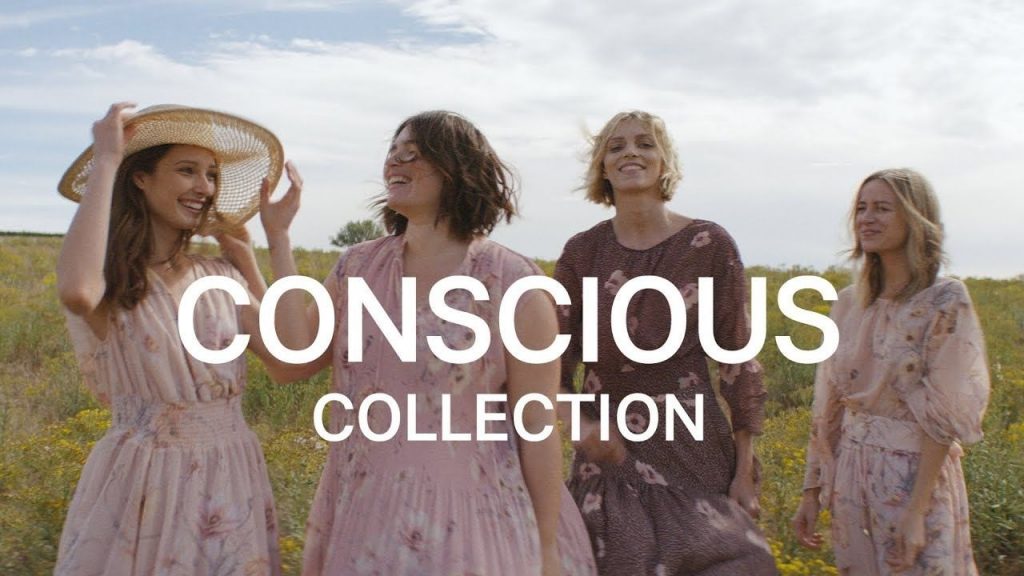
The fast fashion industry is consistently called out as the worst in decimating the environment, with 80% of discarded textiles globally being incinerated or landfill-bound, with just 20% being reused or recycled. In a bid to salvage their reputation, or push them ahead of the competition, many fashion brands have released their own sustainable brands.
In 2019, H&M launched their Conscious line to promote sustainable fashion, claiming that only organic cotton and recycled polyester are used.
And that’s it. The brand doesn’t offer anything more sustainable than this marketing tagline. In fact, the company provides no actual proof that the Conscious line is actually sustainable. Instead of their clothing being produced from 100% organic cotton, only 20% of it actually was organic cotton. Plus, it is also never clear where they procure the material from.
With this vague language, H&M successfully duped people into buying their products. The shocking truth is, H&M, along with Uniqlo and other major fashion brands, were found to be the worst offenders with a shocking 96% of their sustainable claims not holding up. So be careful when you shop from any fast fashion brands that claim to be “green’. It’s likely that you are being lied to.
6. Innisfree
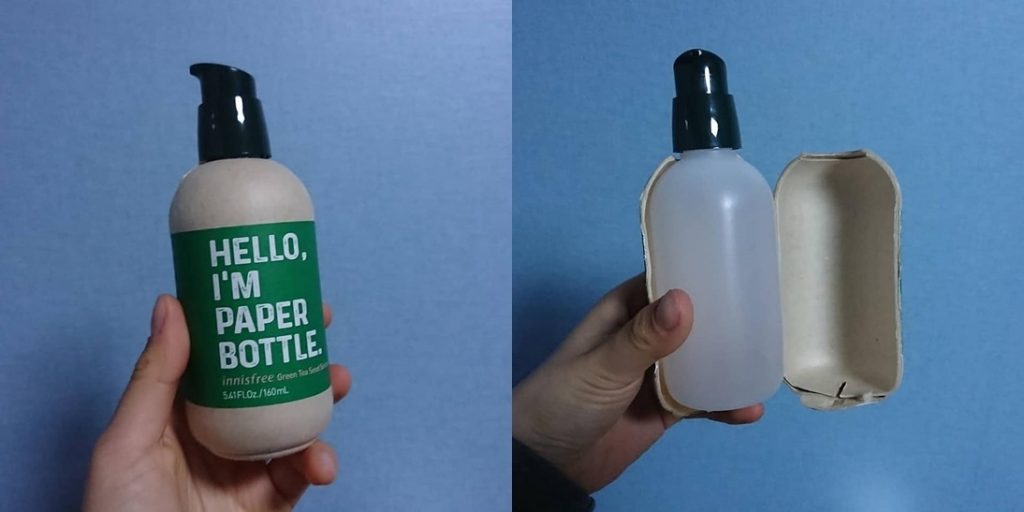
Beauty business is one of the more toxic industries to the environment. Due to the chemicals used, these products contribute to highly toxic chemicals in wastewater when used and washed off. While not as a bigshot as the names above, Innisfree is still one of the liars.
In April 2021, the makeup brand release its own green products – paper makeup bottles. Aptly branded “Hello, I’m a paper bottle”, the bottle inspires users to buy them more as a way to be more sustainable. To be fair, the bottle looks legit: made to look steady and waterproof and from recycled cardboard. For a moment, Innisfree looks like it’s going to change the beauty industry’s way of containing its products with more sustainable materials.
However, once a suspicious customer cut open their innocuous “paper bottle”, they are in for a shock. Inside the hard-cardboard wrap is a plastic bottle!
Innisfree attempted to worm their way out of the expose by claiming that the greenwashing phrase “I’m a paper bottle’ is meant to highlight the paper label surrounding the plastic bottle, and not the bottle itself.
7. Ikea
Last year, Ikea pledged sustainability by phasing out fossil fuels and striving towards 100% renewable energy (electricity, heating, cooling, and fuels) across its value chain by 2030. Ikea is one of the rare companies that were actually considered true green incorporation. That is until its business is exposed to have been linked to illegal logging in Ukraine.
More specifically, the furniture retailer is thought to get its wood supply from illegal sourced VGSM. Ikea immediately launched into action to investigate the claim by EarthInsight, and that there were no problems with their sourced wood. However, lots of problems arose that make people suspicious of these claims, as Ikea refused to release the full results of its independent investigation.
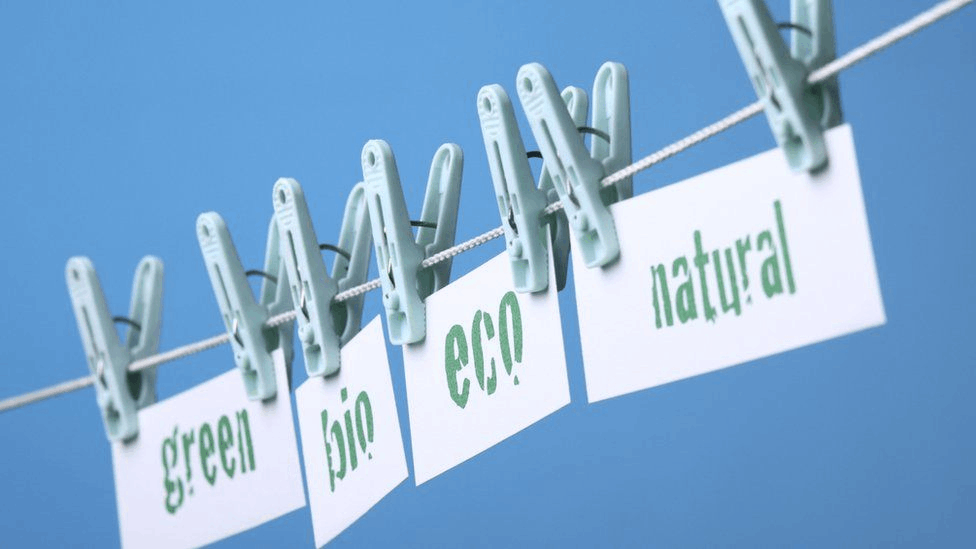
With the effects of global warming more visible than ever, consumers are being more responsible in their purchases. Sustainability now has become a booming market because of this. With more profit, many businesses and incorporation are flocking in for a slice.
However, instead of actually investing in developing green products, this business put on marketing ploys in order to mislead their consumers into buying, convincing them that their products are good for the environment with vague and misleading claims.
Conclusion
For consumers, it’s not easy to find out which products are sustainable. These claims are a lot more ironic when made with greenwashing marketing ploys.
Putting the claims aside, you can go green yourself by shopping with Tenere. For each purchase you make, you are adding more to Tenere’s donation to tree-planting organizations worldwide.
Take the matter of sustainable shopping into your own hands: have your favorite brands on board with your purchase through Tenere.
